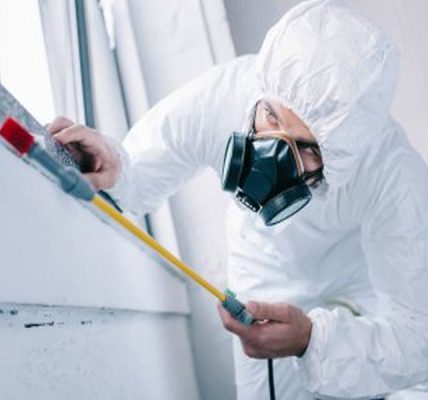Pest control for rats is a common issue that many homeowners face. Rats are destructive pests that can cause damage to property and pose health risks to humans. They can chew through walls, wires, and insulation, creating fire hazards and expensive repairs. Additionally, rats carry diseases such as leptospirosis, hantavirus, and salmonella that can be transmitted to humans through contact with their feces or urine.
To effectively control rat populations in your home, it is important to understand their behavior and habits. Rats are nocturnal creatures that are most active at night when they search for food and water. They are also highly adaptable animals that can thrive in a variety of environments, making them difficult to eradicate once they have infested a home.
One of the first steps in successful pest control for rats is identifying signs of an infestation. Common indicators include droppings, gnaw marks on furniture or walls, nests made from shredded materials like paper or fabric, and squeaking noises coming from walls or ceilings. It is crucial to act quickly upon discovering eliminate these rodents signs to prevent the infestation from spreading further.
There are several strategies that experts recommend for controlling rat populations in homes. One effective method is exclusion – sealing off entry points where rats may be entering the home such as gaps around pipes or vents. By blocking off these access points, you can prevent new rats from entering while trapping existing ones inside.
Another popular strategy for pest control is using traps baited with food such as peanut butter or cheese. There are various types of traps available including snap traps, glue boards, and live catch traps which allow you to capture rats without killing them. It is important to place traps along walls or near areas where rats frequent for maximum effectiveness.
In addition to physical barriers and traps, chemical solutions can also be used as part of a comprehensive pest control plan for rats. Rodenticides containing anticoagulants like brodifacoum or bromadiolone are commonly used to poison rats when other methods have failed. However, it is essential to use caution when using rodenticides as they can be harmful if ingested by pets or children.
Overall, successful pest control for rats requires a combination of strategies tailored to your specific situation. By understanding rat behavior and implementing expert-recommended techniques such as exclusion measures, trapping methods, and chemical treatments responsibly; you can effectively rid your home of these destructive pests while protecting your family’s health and safety.





